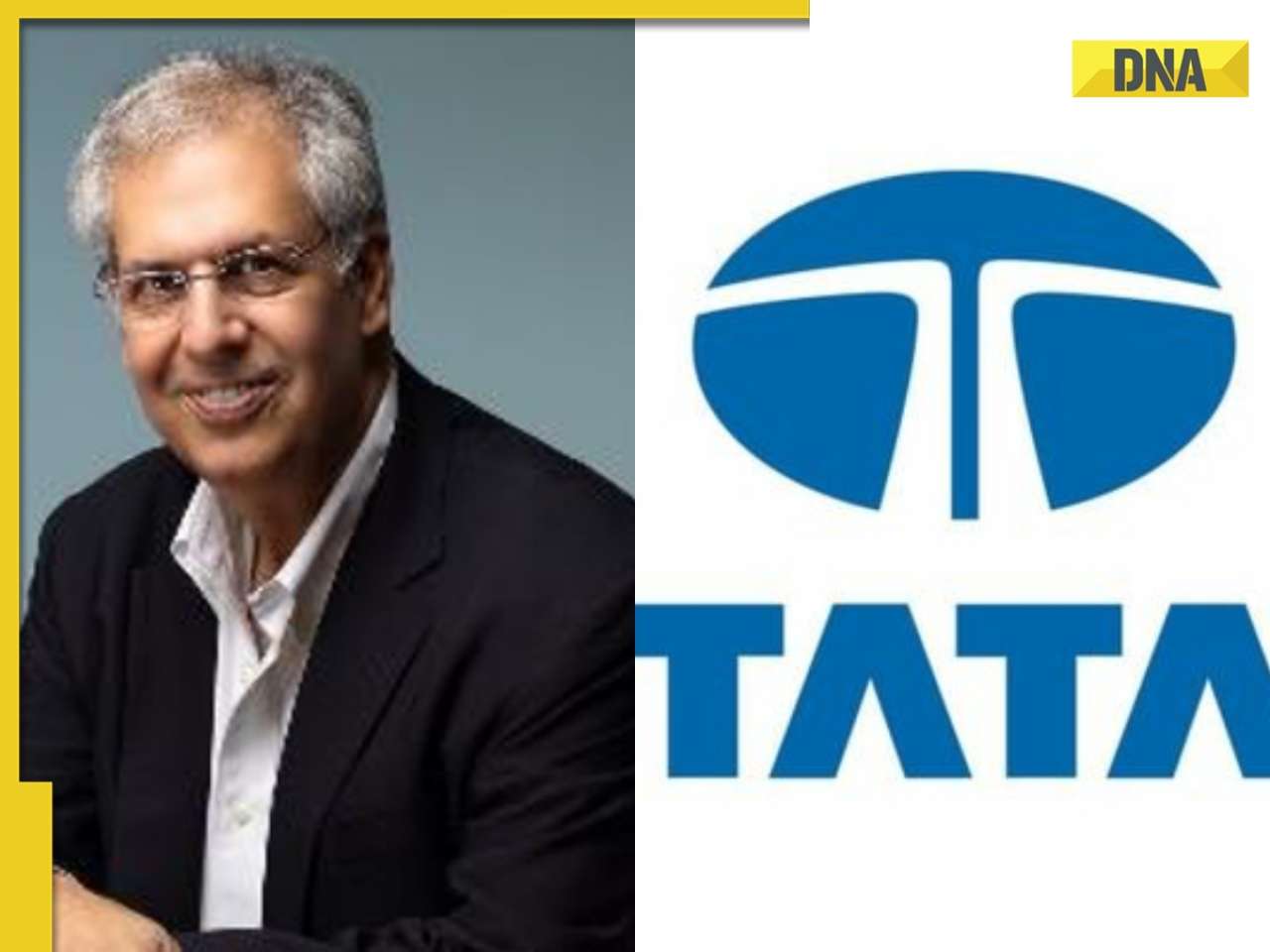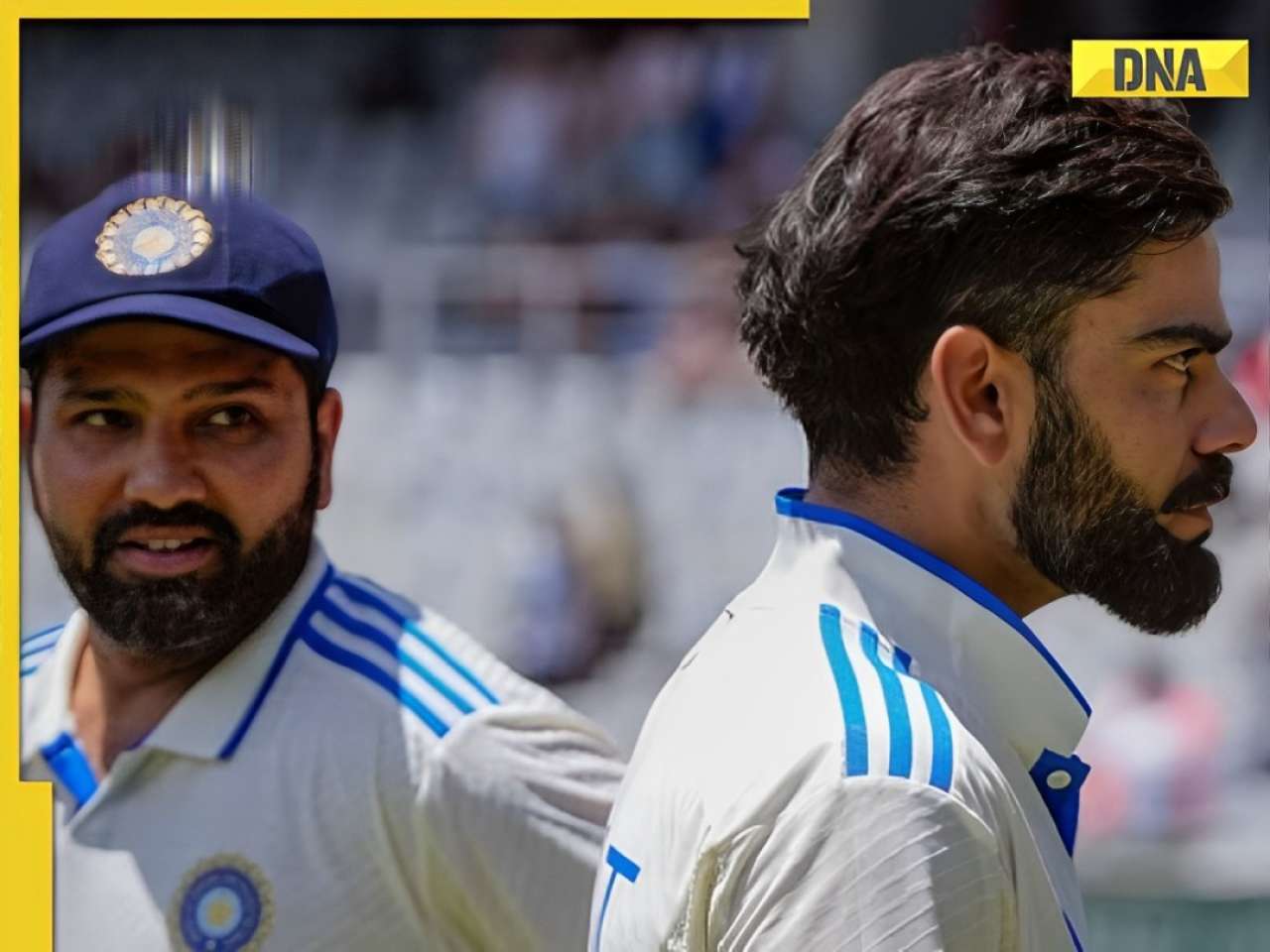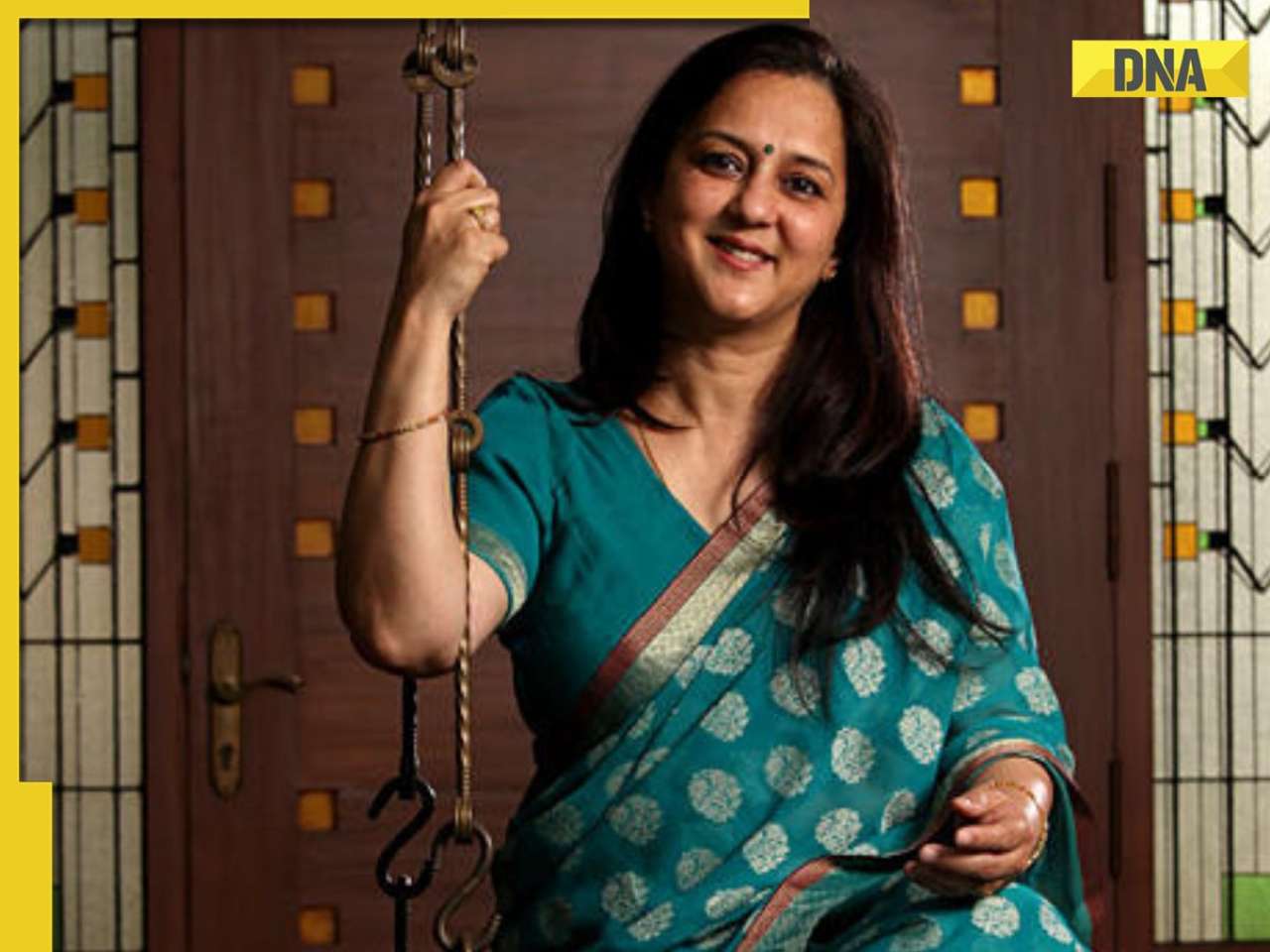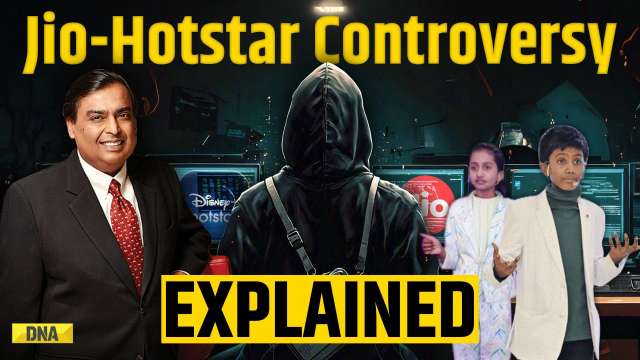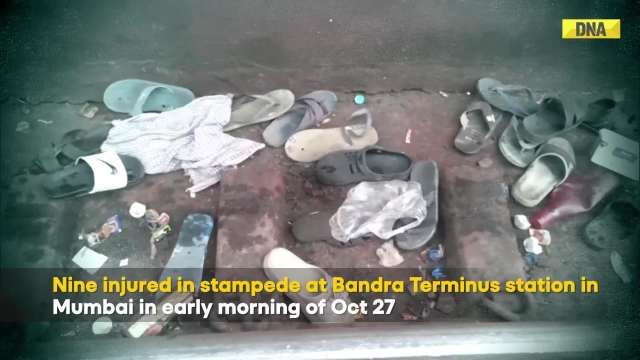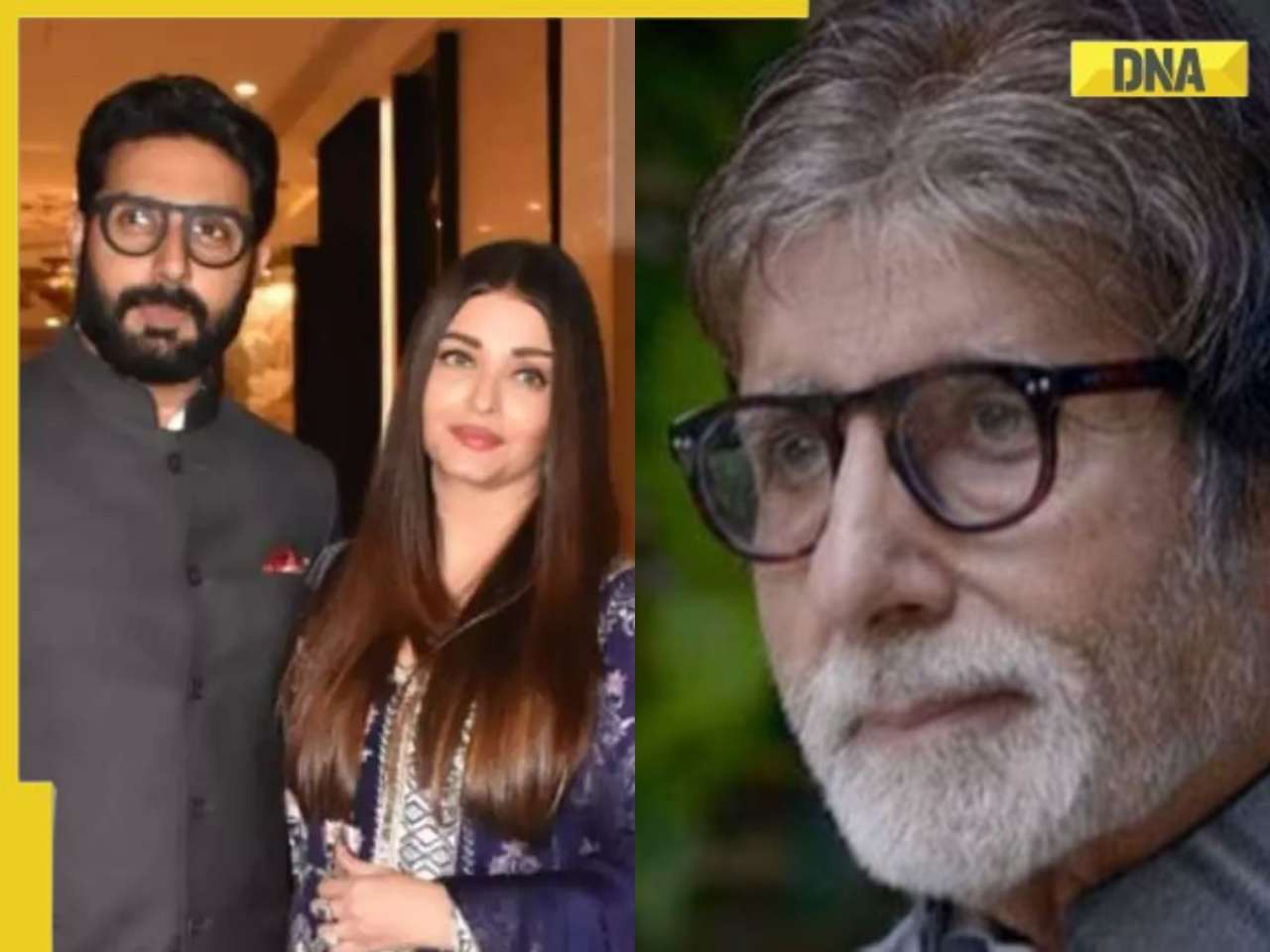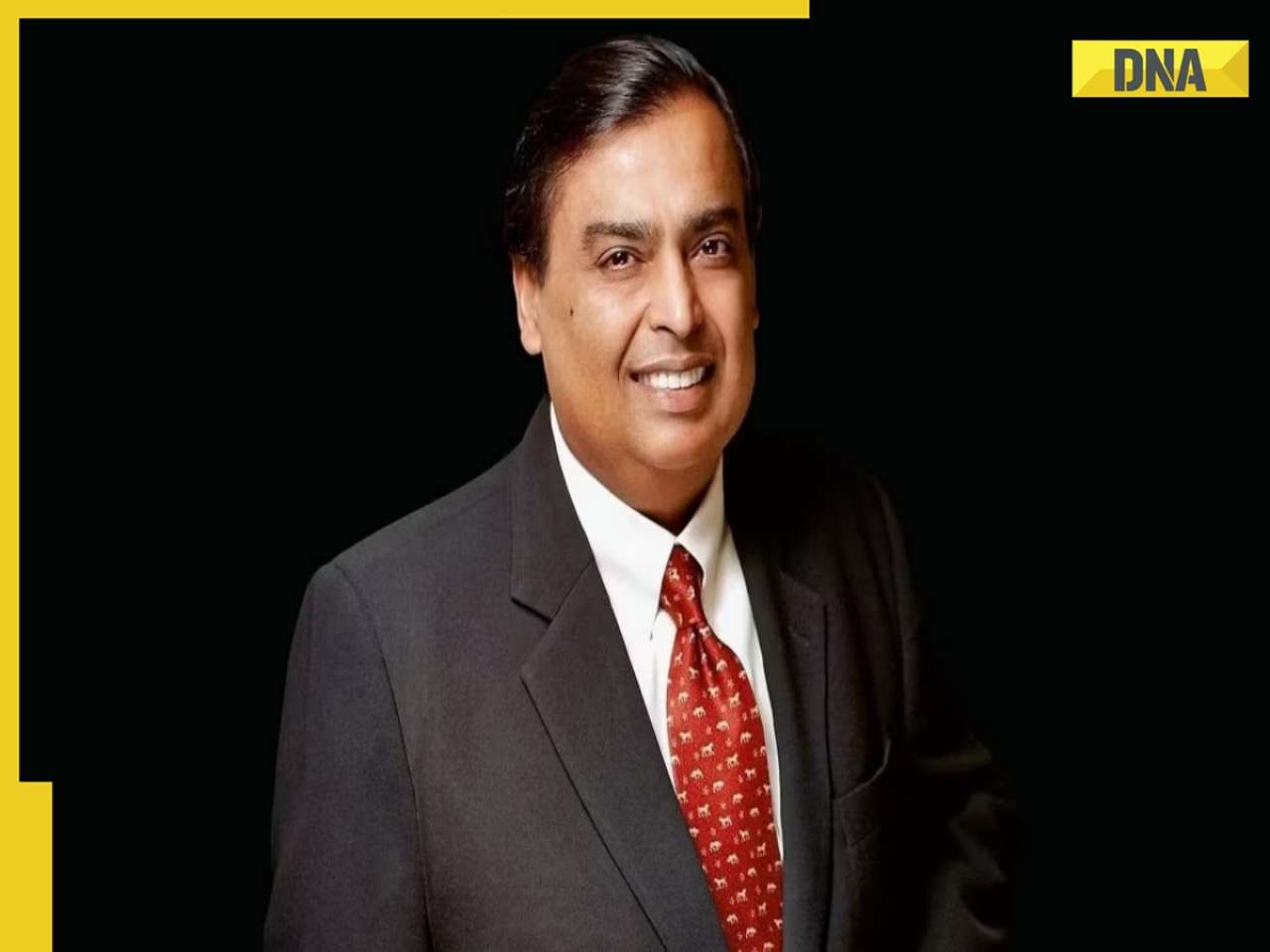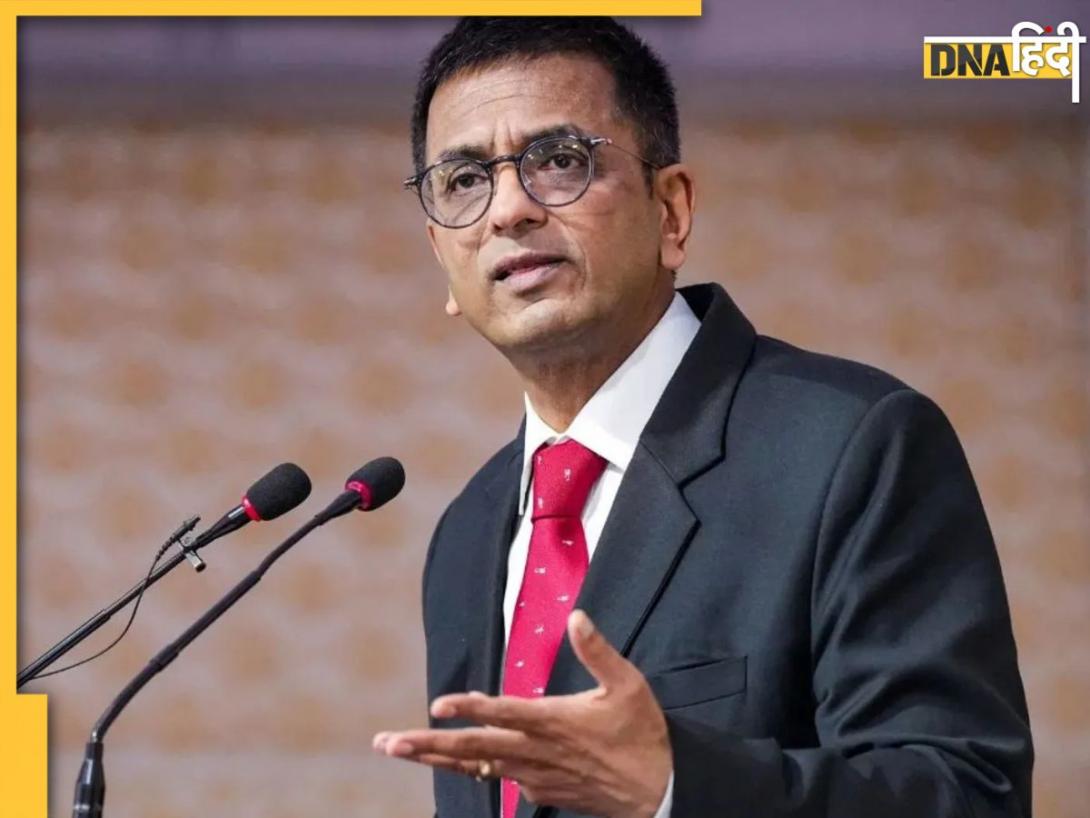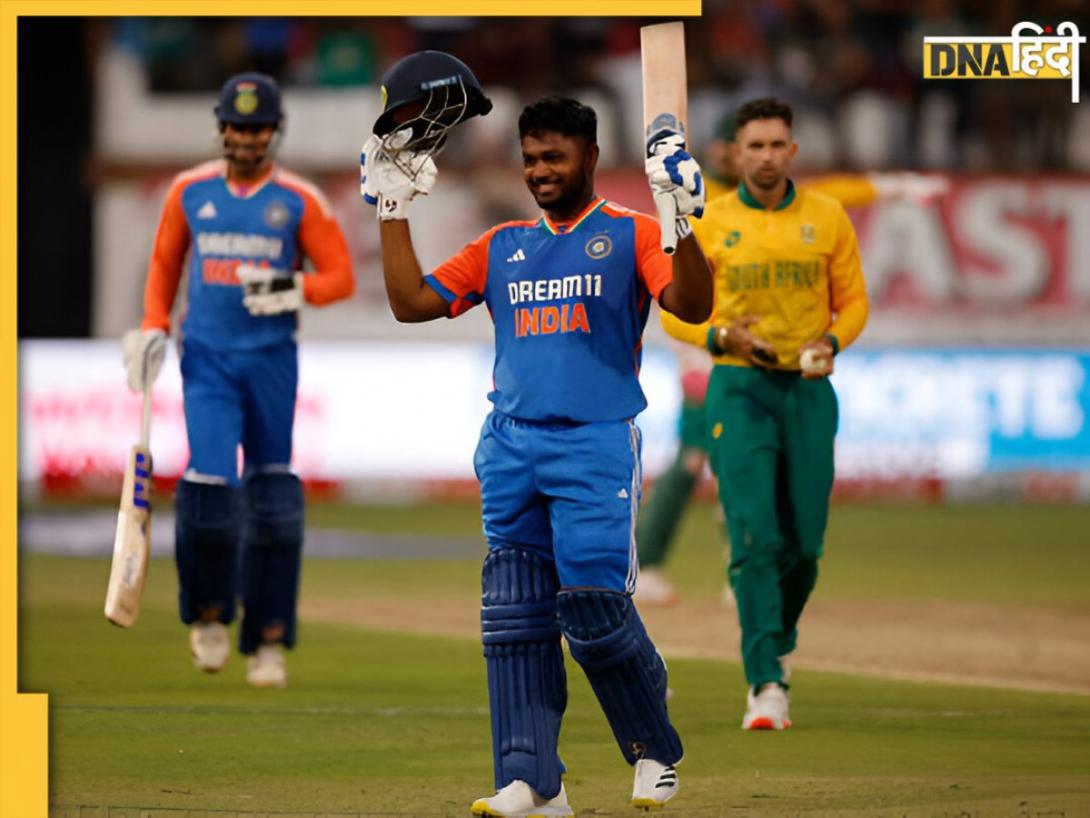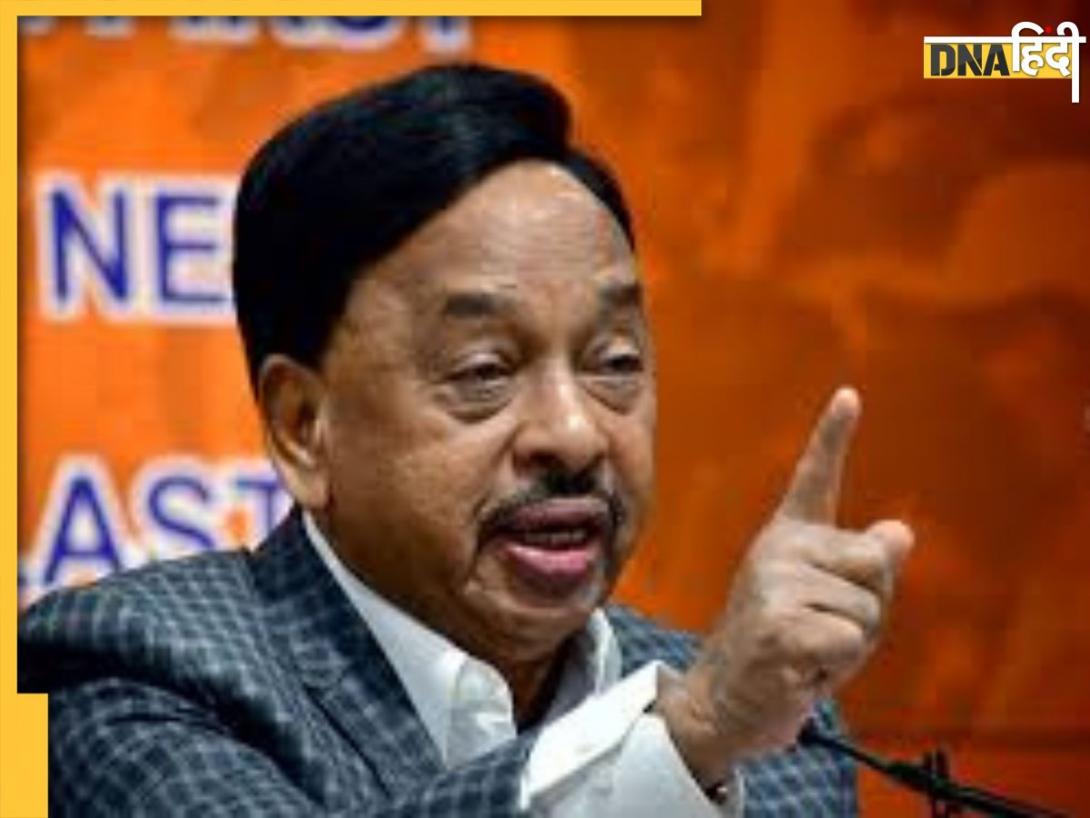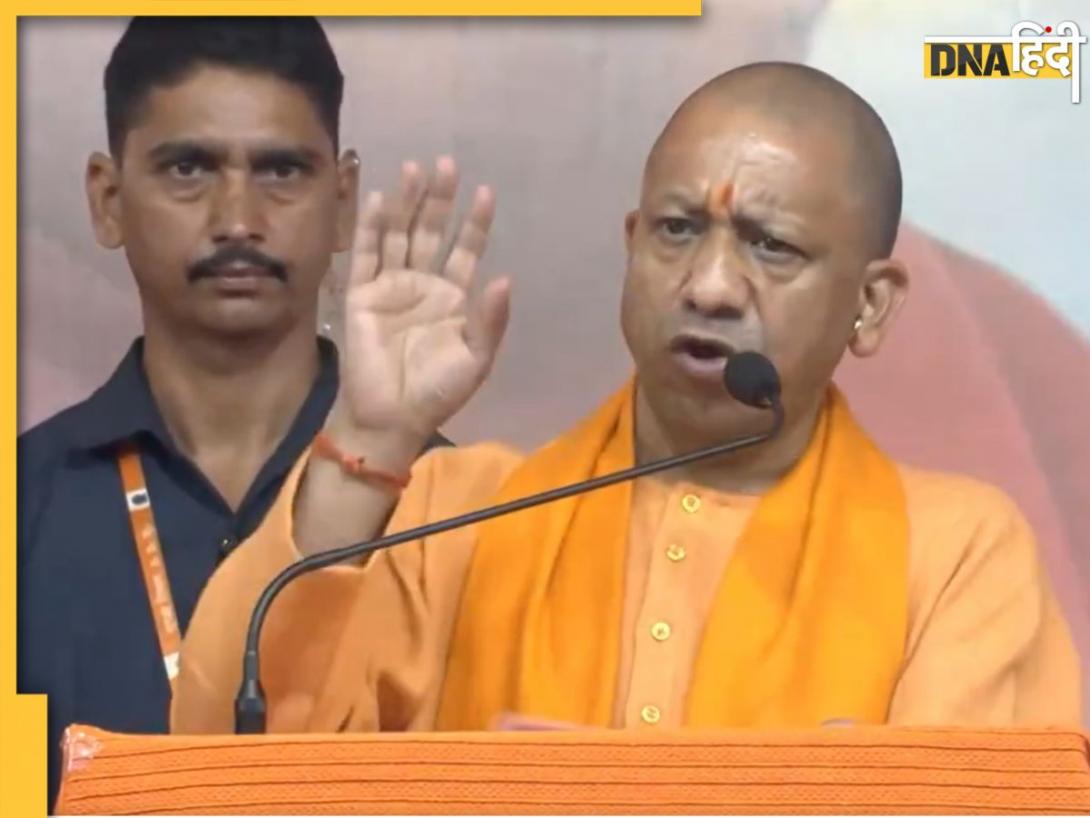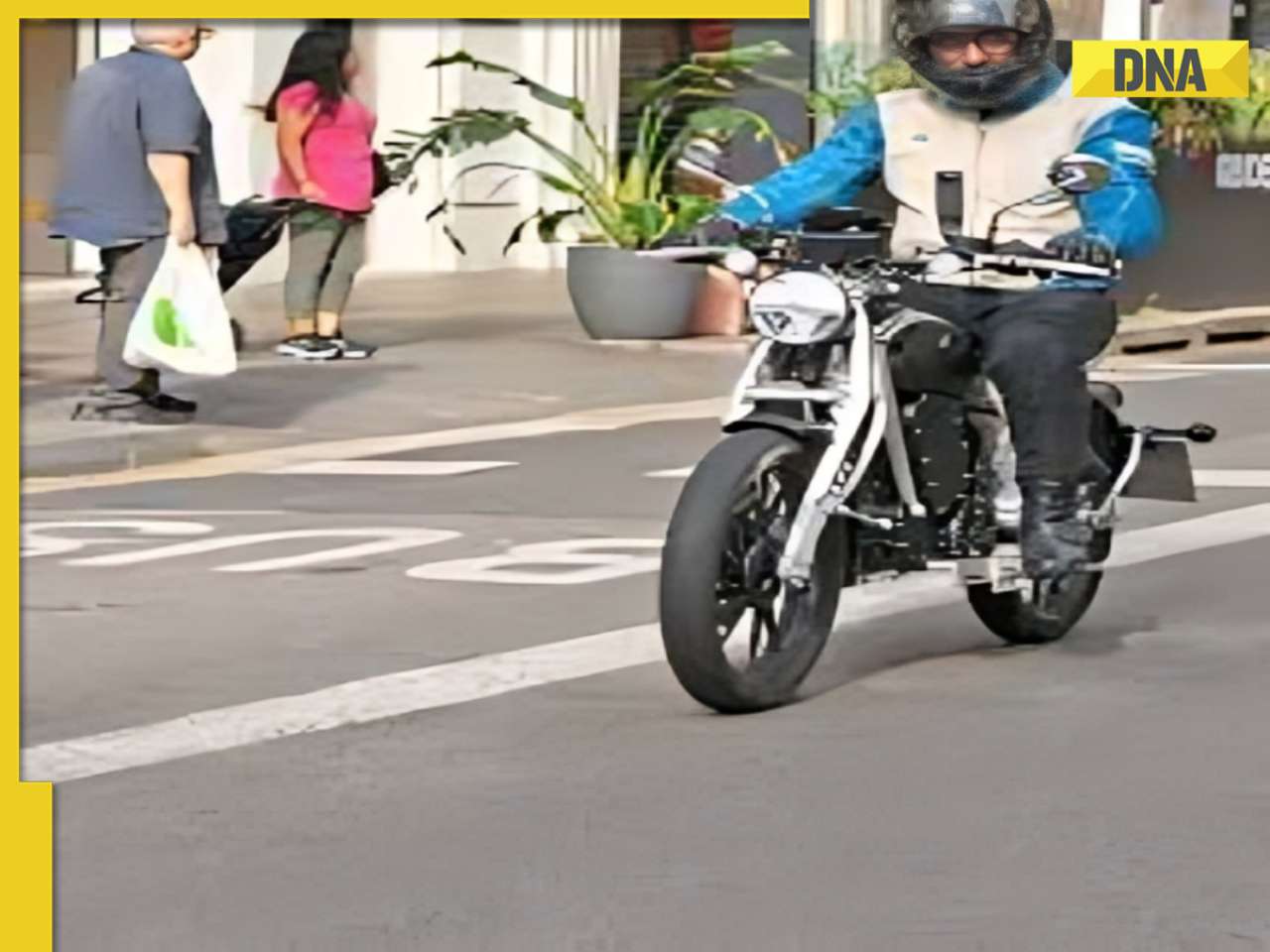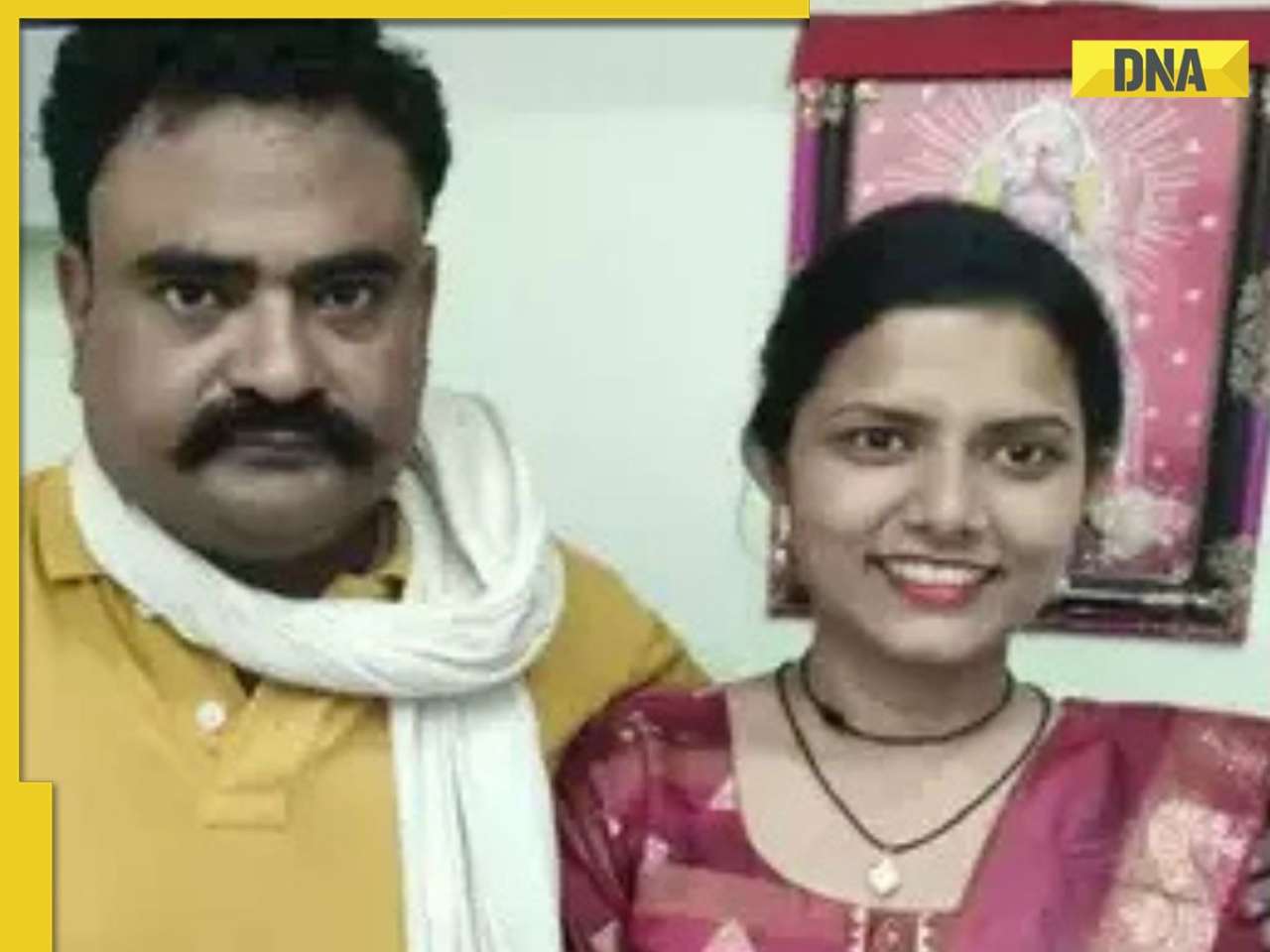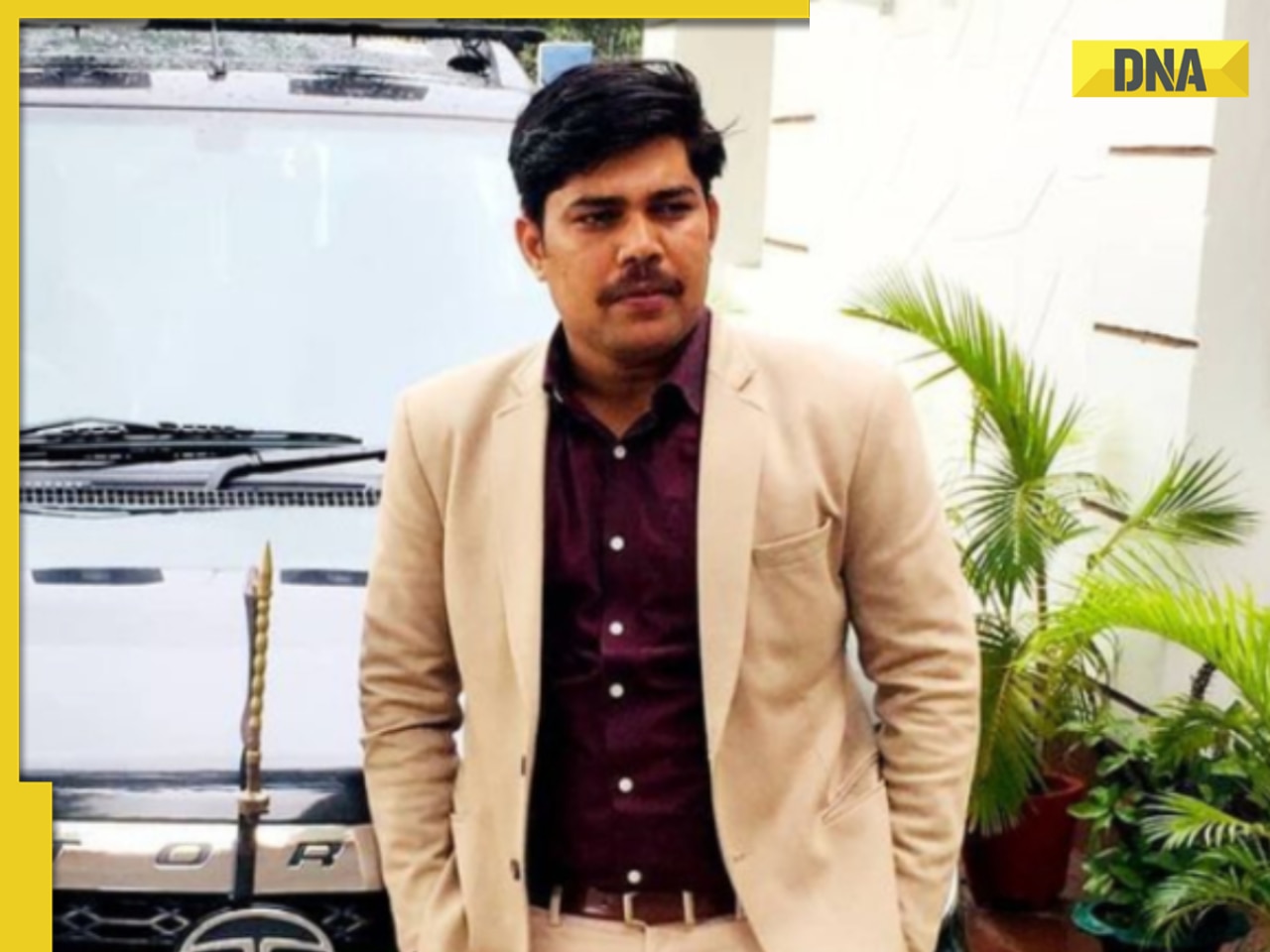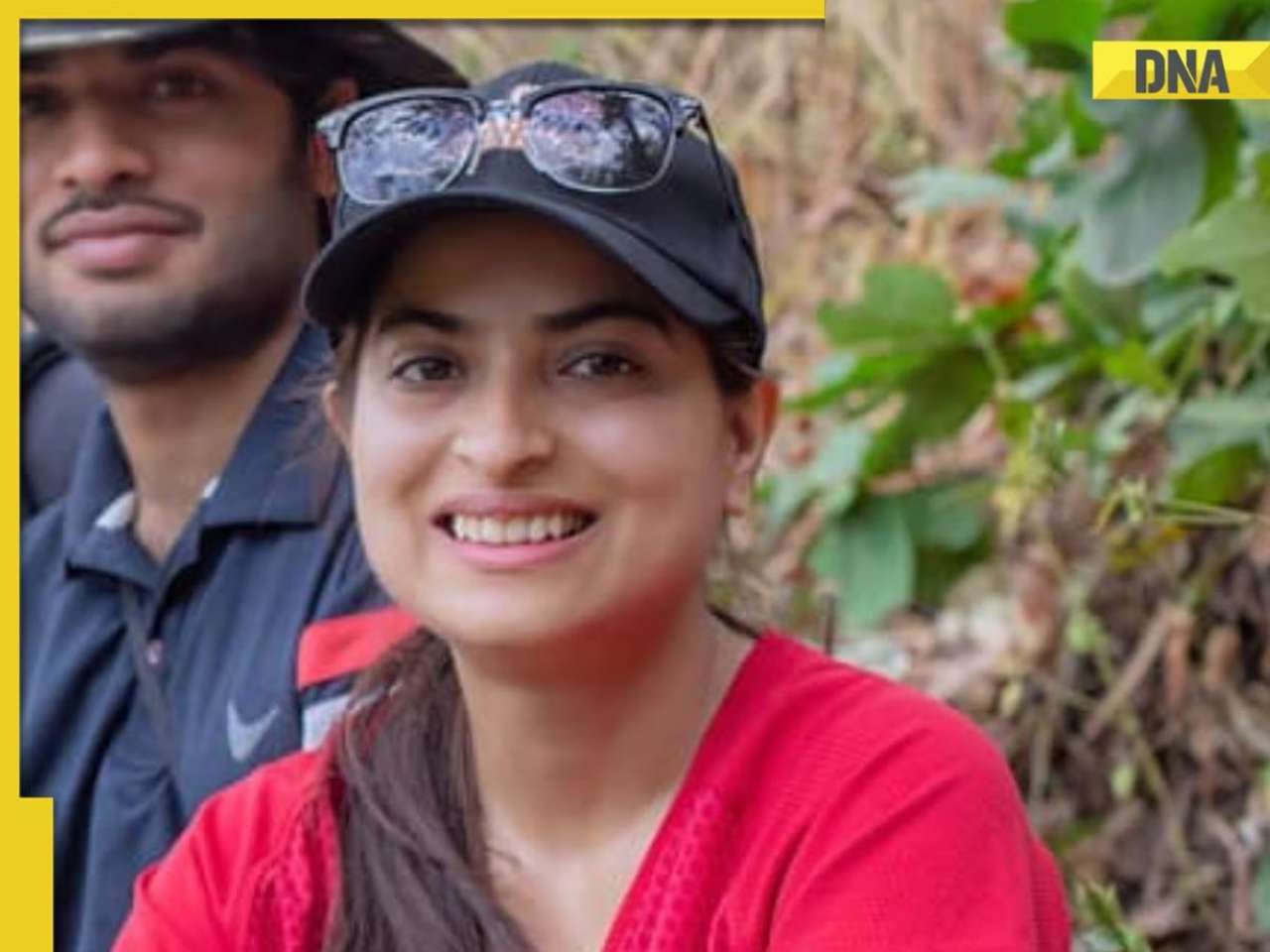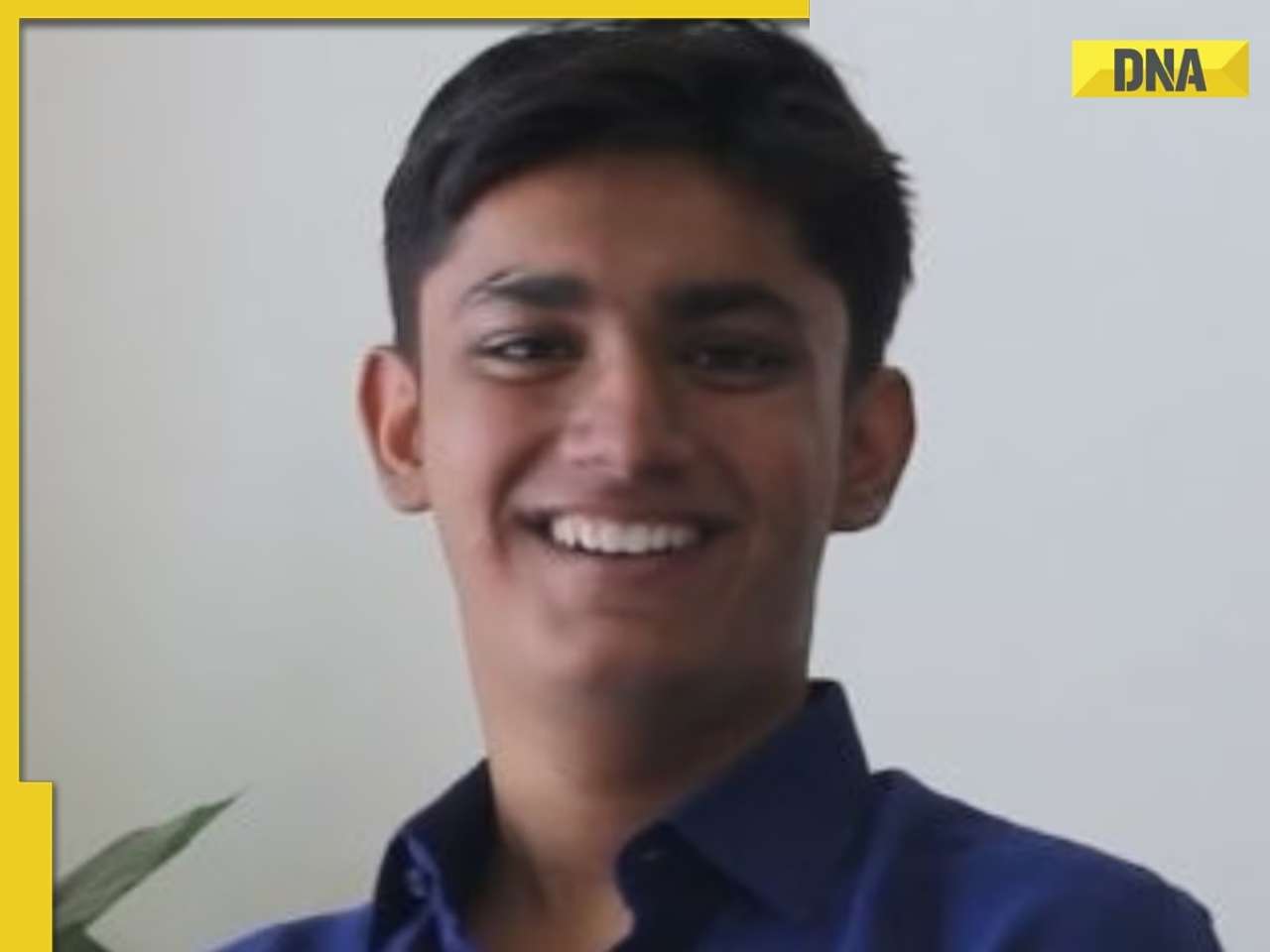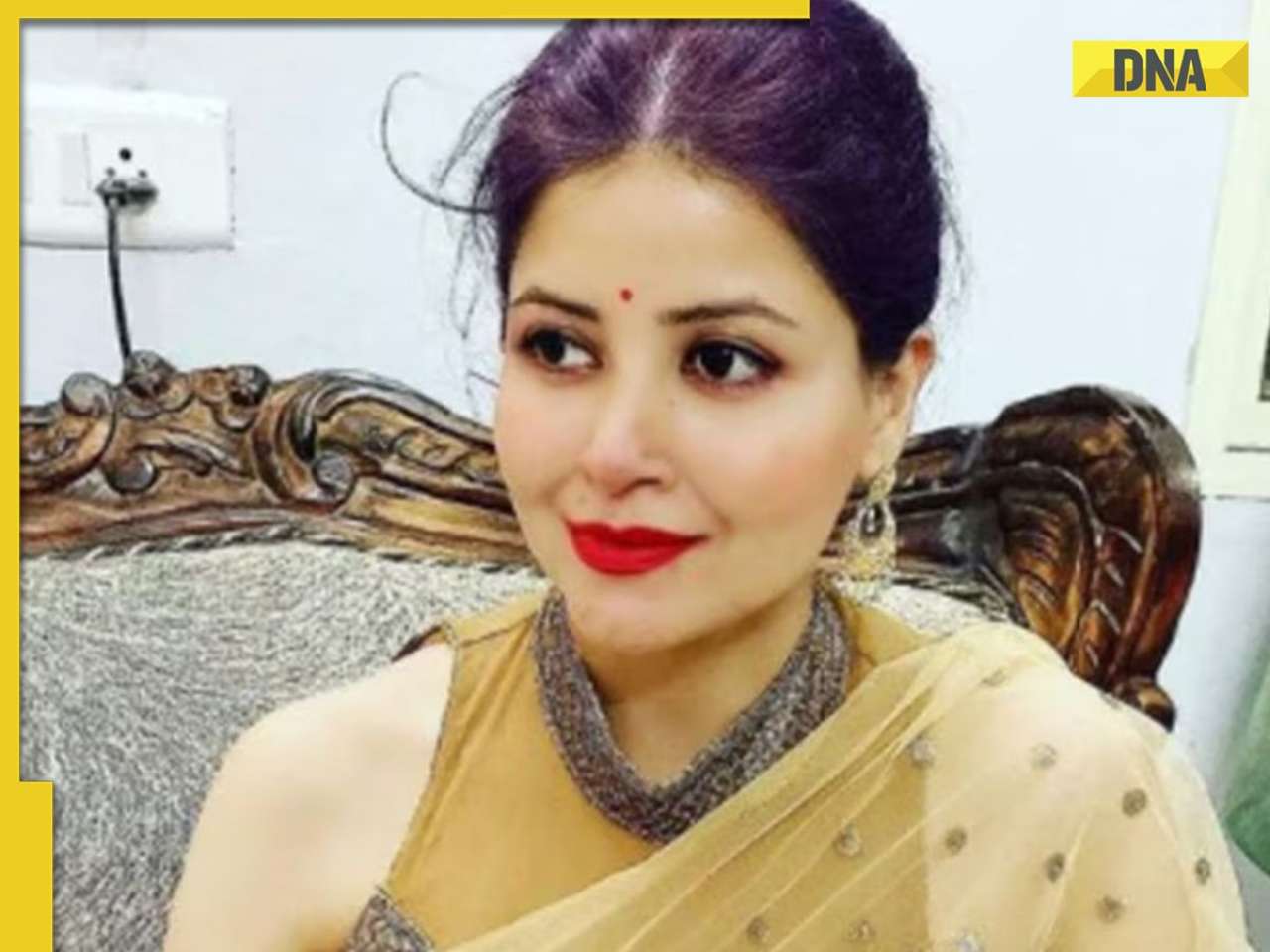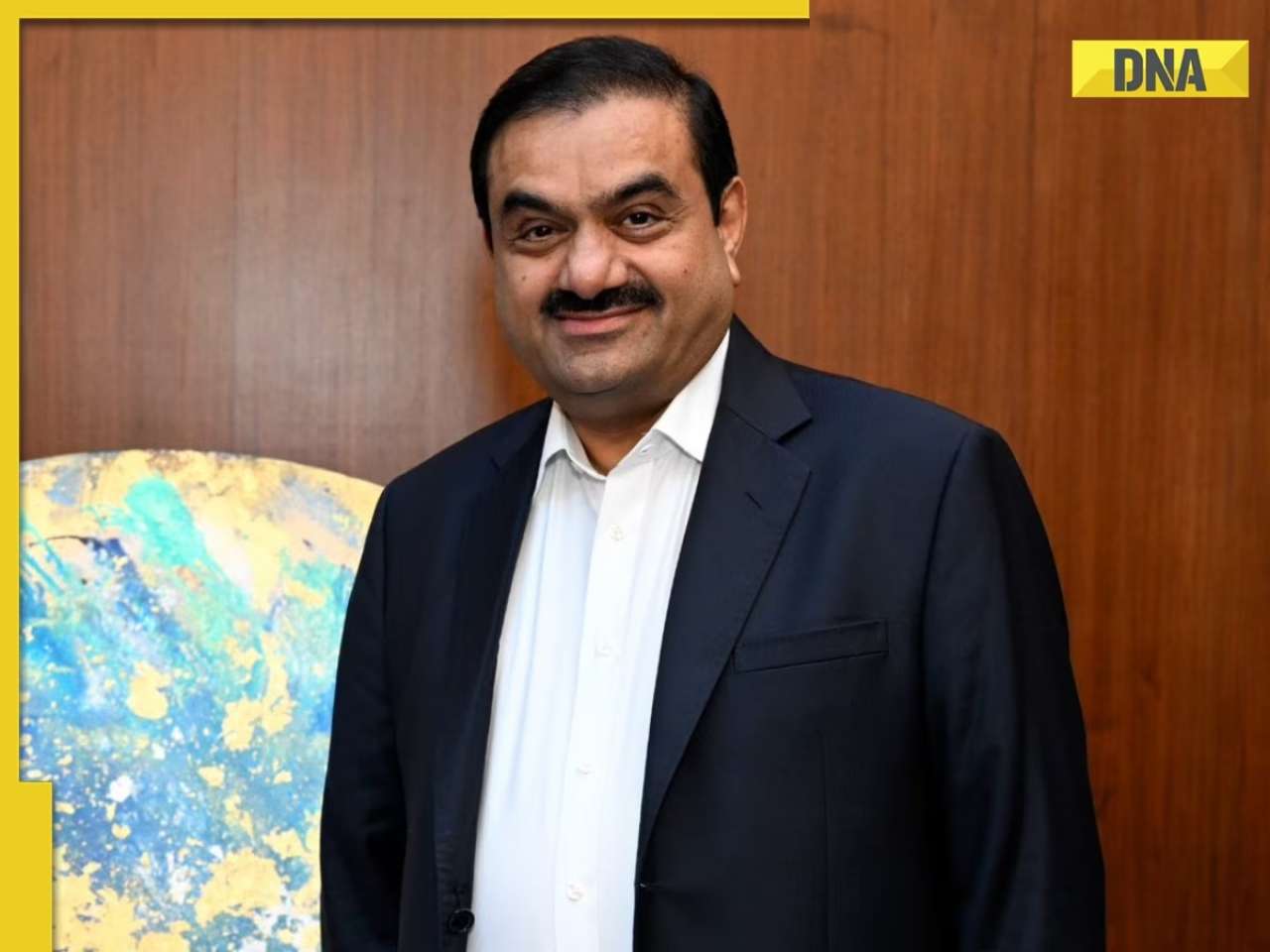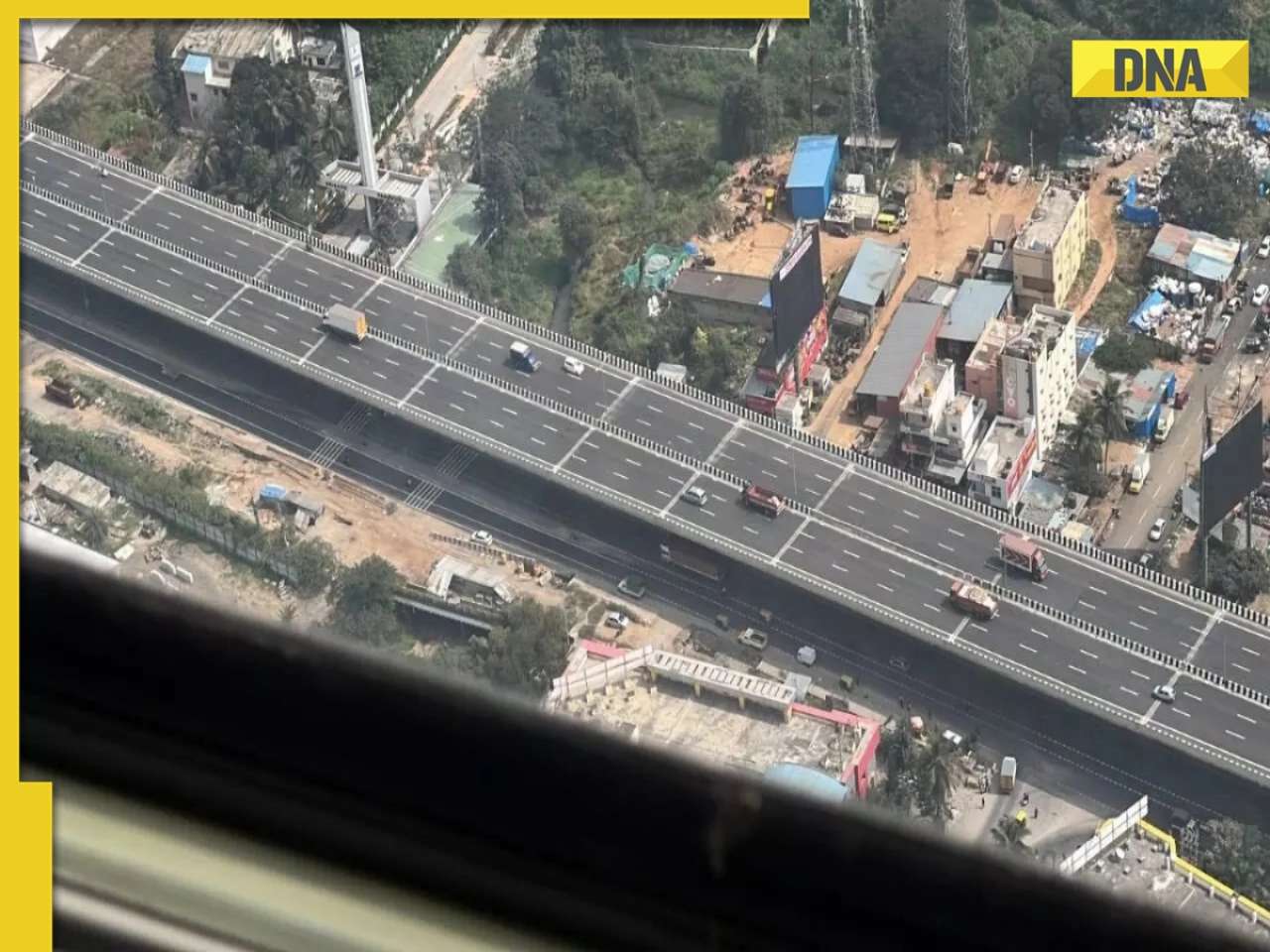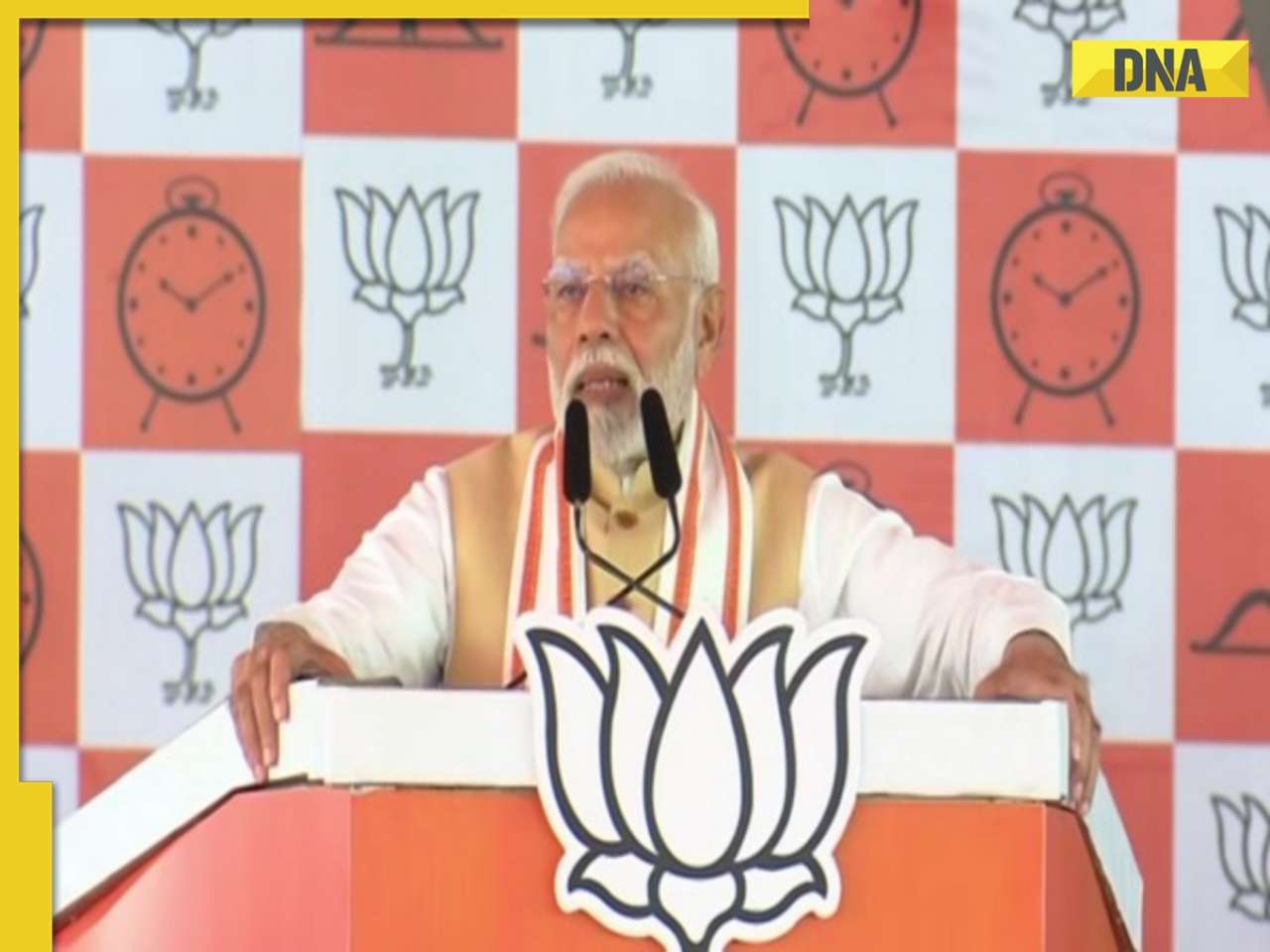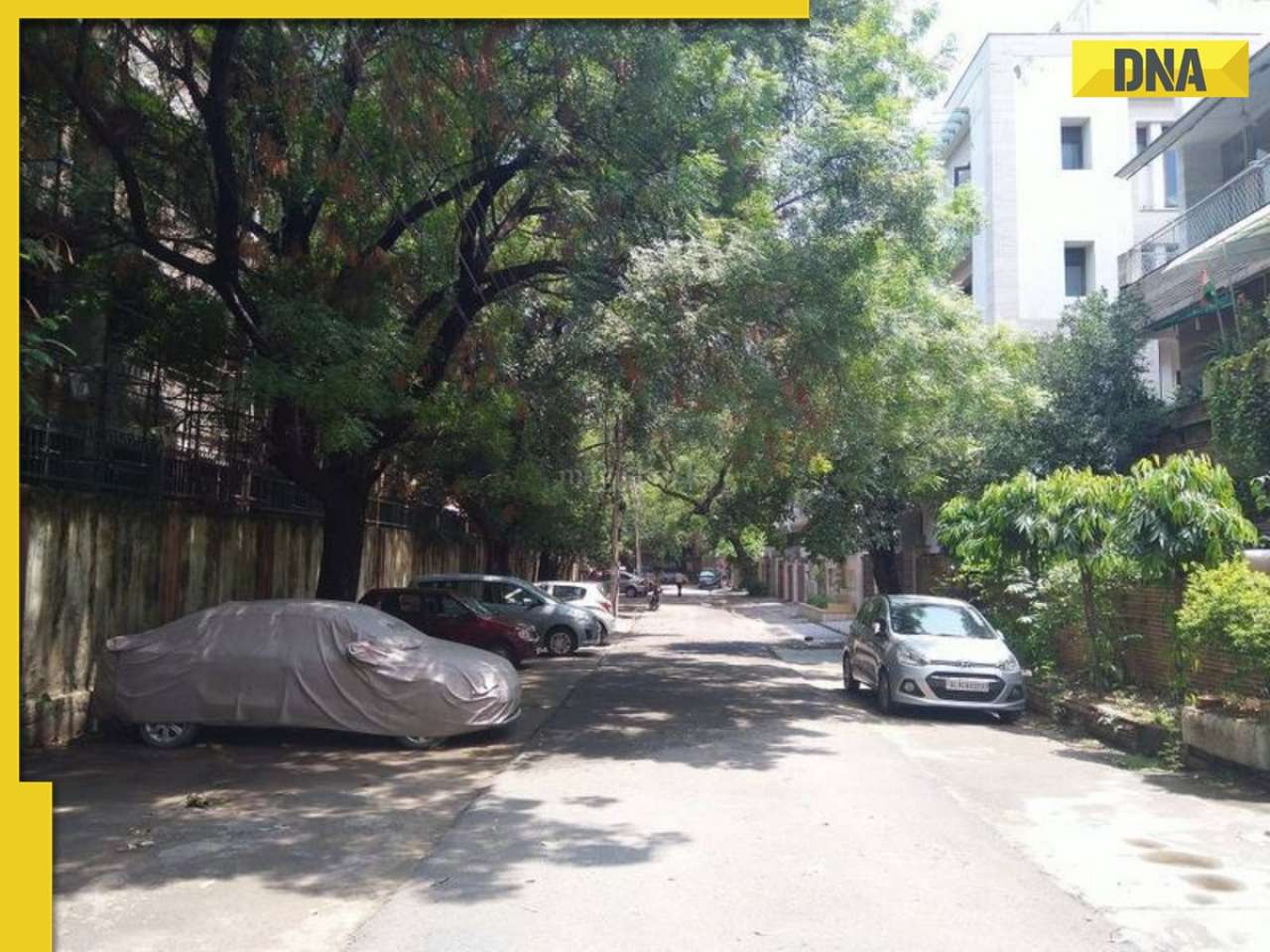- LATEST
- WEBSTORY
- TRENDING
ANALYSIS
How we can transform youth activism into lasting civic engagement
We are getting better at quickly having a strong opinion and taking quick fix actions like signing online petitions or voting by SMS in response to a media poll but do not always turn up to vote, rarely take an interest in our neighbourhood associations, very rarely volunteer or otherwise engage with civil society.
TRENDING NOW
If you have ever joined a protest—not a virtual, social media protest—but a real one with other people, in public spaces, with banners, pickets and maybe candles, you will know how magical and transformative it feels to be part of a collective action. Street protests, as part of a group, are one of the most empowering experiences a citizen can have. When protests—not riots, but peaceful protests whether a rally or a march—occur, in spite of the inconvenience they may cause, a celebratory, festive atmosphere is created and people are hopeful. This is perhaps why the word ‘spring’ is often associated with them— from Prague Spring in 1968 which set in motion an epidemic of student activism across Europe to the Arab Spring of 2011-12. Young, hopeful, proactive citizens promise a season of transformation.
India is no stranger to youth/ student activism. From the revolutionary, rationalist, regionalist, separatist and Gandhian movements of the colonial period to the radical activism of the late 1960s to the students who swelled Gujarat’s Navnirman Andolan (including Narendra Modi) and JP’s Total Revolution (Sampoorna Kranti) movements in the 1970s, then flooding the jails when Emergency was declared, every generation has had its moment of political awakening. Most recently, the India against Corruption movement galvanised young people around the country to political action. Every one of these protest movements has yielded that generation’s youth leaders in politics and civil society. Perhaps that is also why we look to each round of youth activism with such hope— we want to know who the next generation’s leaders are going to be. 2014-15 have seen a new crop of smaller, localised but high-profile protests.
• In Jadavpur last year, students first gathered to protest the official University response to the molestation of a female student on campus. When the police attacked the protesters, that strengthened their movement.
• In Kochi, young people organised the ‘Kiss of Love’ movement to protest moral policing.
• In Pondicherry, students have been demanding the removal of their Vice-Chancellor whose credentials and performance they challenge.
• In Chennai, University of Madras students have been protesting the suspension of a popular Politics and Public Administration professor, who is faulted, ironically, for not stopping students from protesting.
• In Pune, most high-profile of all, Film and Television Institute of India (FTII) students are protesting against the appointment of the present Chairman, garnering attention and support from all quarters.
In all these cases, the cause is local and specific, and the protesters are not reaching beyond that to either establish a principle or change a system— although their success could initiate those processes. In all these cases, with varying success, students have used social and mainstream media to be heard. The Jadavpur, Kochi and Pune protesters have drawn attention and in some instance, even support rallies. Much smaller than the Jan Lokpal movement, it is still likely that for some students these will be pivotal moments that steer them towards careers in public affairs. It is likely that the leaders of the future will have cut their teeth on protests like this.
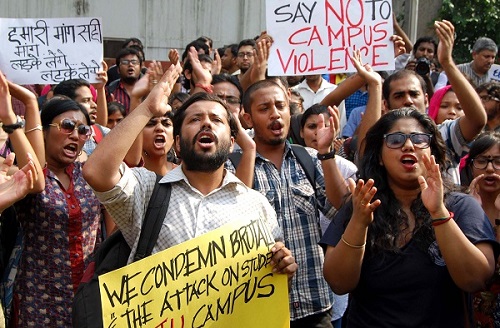
Jadavpur student protests. Image credit: dna Research & Archives
But what does leadership mean? Traditionally, to our minds, leaders are those whose charisma, authority or power, hopefully driven by vision or idealism, allows them to shape thinking and action on the part of others. Leaders lead. When we study leadership we study people who are decision-makers on others’ behalf and whose views hold a certain sway. However, from the field of development, we learn to read leadership relative not to other people but to their own starting point. Empowerment is the journey from that starting point and it involves leadership skills like informed decision-making and risk-taking. Those who study gender and conflict have learned to look for the agency women show in very difficult circumstances. Imagination, initiative, the courage to make a decision and the ability and willingness to take a risk—all leadership skills—are what make up that agency.
If we anticipate that the student and youth movements will throw up political and civil society leaders, we should look beyond those who will rise to leadership positions or found new organisations or movements. The habits we associate with leadership, empowerment and agency are also those we seek in citizens. The real question is: With a steady history of youth activism, why is there such a citizenship deficit in India?
I am sure there are many reasons you could suggest to me. First, people do not have faith in the political system. They do not think that their participation in it, even voting, will matter. Moreover, it’s a political system that runs on nepotism so an outsider (and most of us are outsiders) has only an outsider’s chance at success. Further, everyday life is such a struggle in India that no one has time for public activism. It is also a reality that beyond the protest arena, policy issues are mired in technicalities that most of us do not have time to learn. I am sure that anyone observing today’s political scene would also be deterred by the price some activists are paying for their work. But none of these stops a person from signing on to the petition of the day or joining in as a protest movement gathers momentum. My question applies to those who were able to shake off apathy and inertia, feel optimistic enough to join this or that protest, but then lapse into a very apolitical existence as citizens.
It is important to consider this question. We are getting better at quickly having a strong opinion and taking quick fix actions like signing online petitions or voting by SMS in response to a media poll but do not always turn up to vote, rarely take an interest in our neighbourhood associations, very rarely volunteer or otherwise engage with civil society. A state that views our engagement with matters of public interest as whimsical—here today, gone tomorrow—is not going to bother to listen to or engage with us. Its track record on public engagement is not stellar even when citizens have shown consistent involvement; government officials are likely to dismiss anything less as temporary turbulence. Effective citizenship requires consistent engagement.
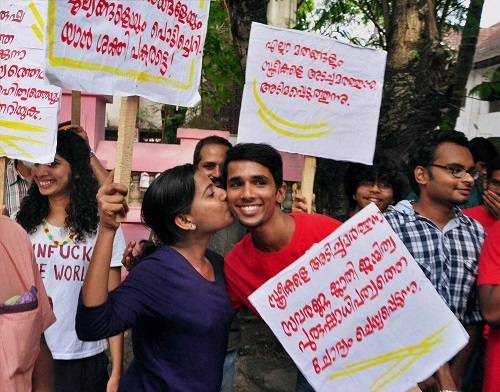
'Kiss of Love' in Kochi. Image credit: PTI
How do we turn that seasonal participation in protests—once in a lifetime, but done with all your heart—into something more lasting? Last week, I walked by a protesting group and they were just hanging out together with their pickets, some wilting and dozing in the sun and others gazing at their phones. A wasted opportunity, the teacher in me thought, as I walked by. While other protest traditions have caught on—the song, the skit, the open microphone session—student protests do not seem to organise teach-ins. Other social movements do, creating the bases for their own longevity and enabling participants at the grassroots to gain a sophisticated understanding not just of their immediate issues but of other movements and structural concerns.
Many who participated in the India Against Corruption protests have gone on to volunteer with other efforts locally. Whatever political understandings they acquired in that movement, they have now tempered and honed through their reading and the exposure voluntary work has given them. There are now organisations that place volunteers locally or nationally, but how many people volunteer on a consistent basis? Political thinker Alexis de Tocqueville found that the habit of volunteering in the community was one of the foundations of American democracy. Indian schools have social service periods during the week; can they foster a culture of voluntarism that goes beyond largesse and charitable works?
I wonder too if there is value in linking these scattered islands of student protest to each other, and to the larger network (or at least, universe) of social movements and civil society beyond them. Who would be responsible for that? Movement participants? NGOs? Networks? It seems to me to be a waste to not connect all that idealism and energy to larger concerns. There is so much groups and movements can learn from each other if only they would take cognizance of each other’s existence and efforts. I must confess that I wonder if the self-confidence and self-sufficiency of today’s young people does not make it impossible for them to approach others with a view to learn. On the plus side, it insulates them from a certain kind of political manipulation.
Into every life, at least one protest experience must fall. It is an exhilarating, empowering and liberating experience to lose yourself to a cause, in a crowd. But the challenge is to stay the course— to stay committed to public interest issues, to find your own way of staying engaged with them and to well-informed political participation. Citizenship education should begin with civics classes; grow with school and hopefully, college, activities; gain ground through participation in student movements and be consolidated by constant learning and volunteer activities. That is when spring’s seeds of change can fructify into a summer of transformation.
Swarna Rajagopalan is a political scientist by training.
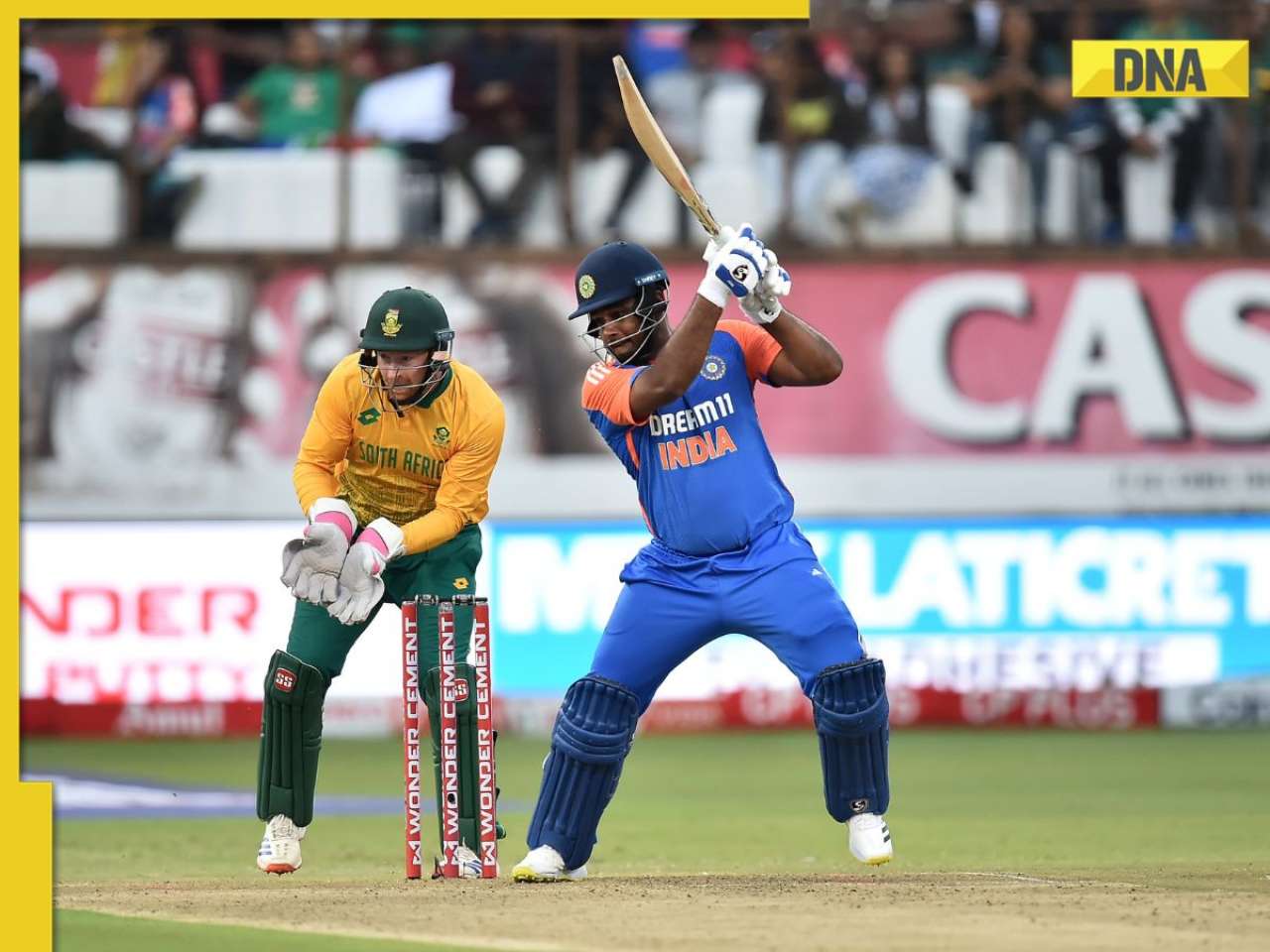
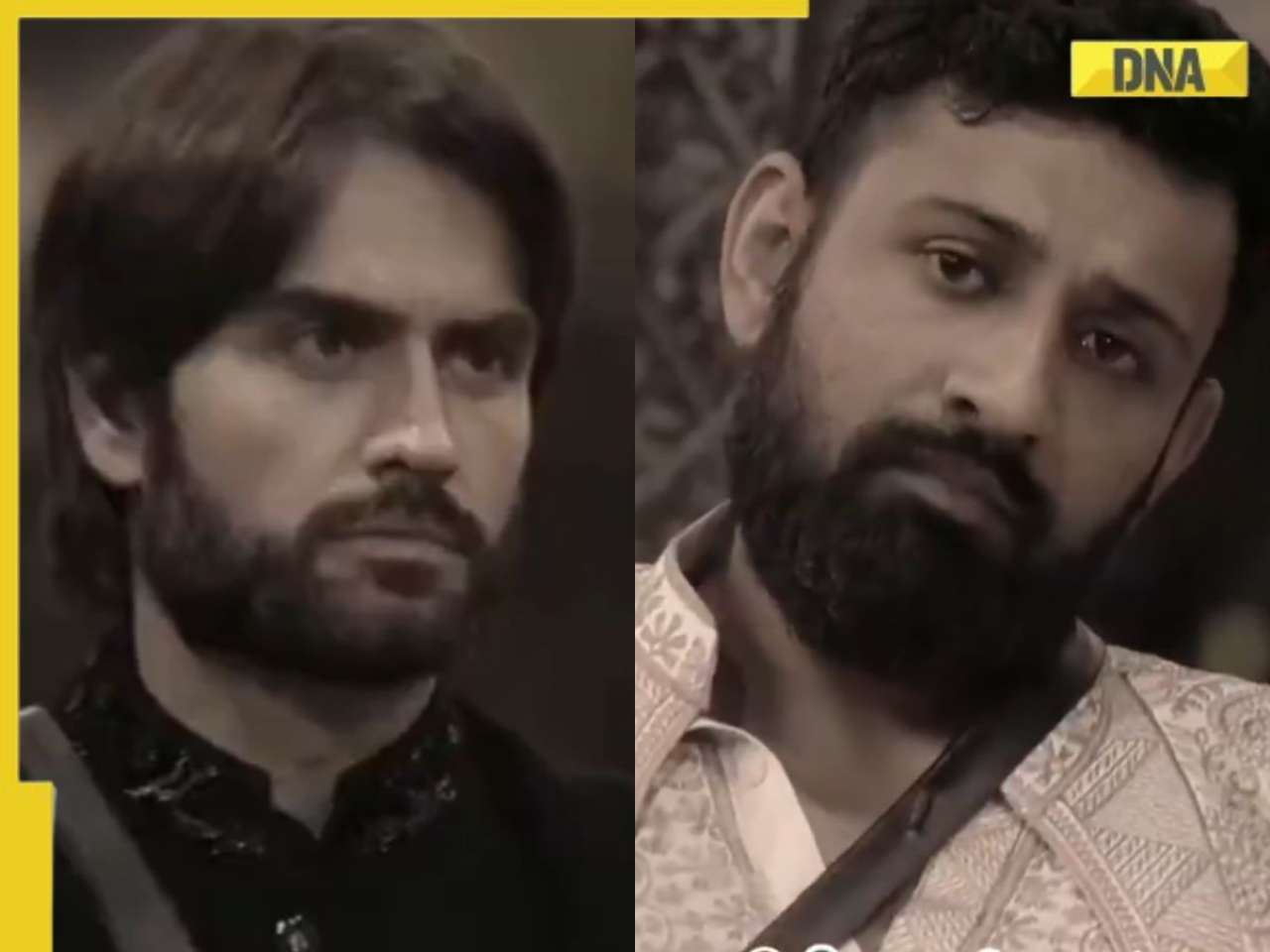
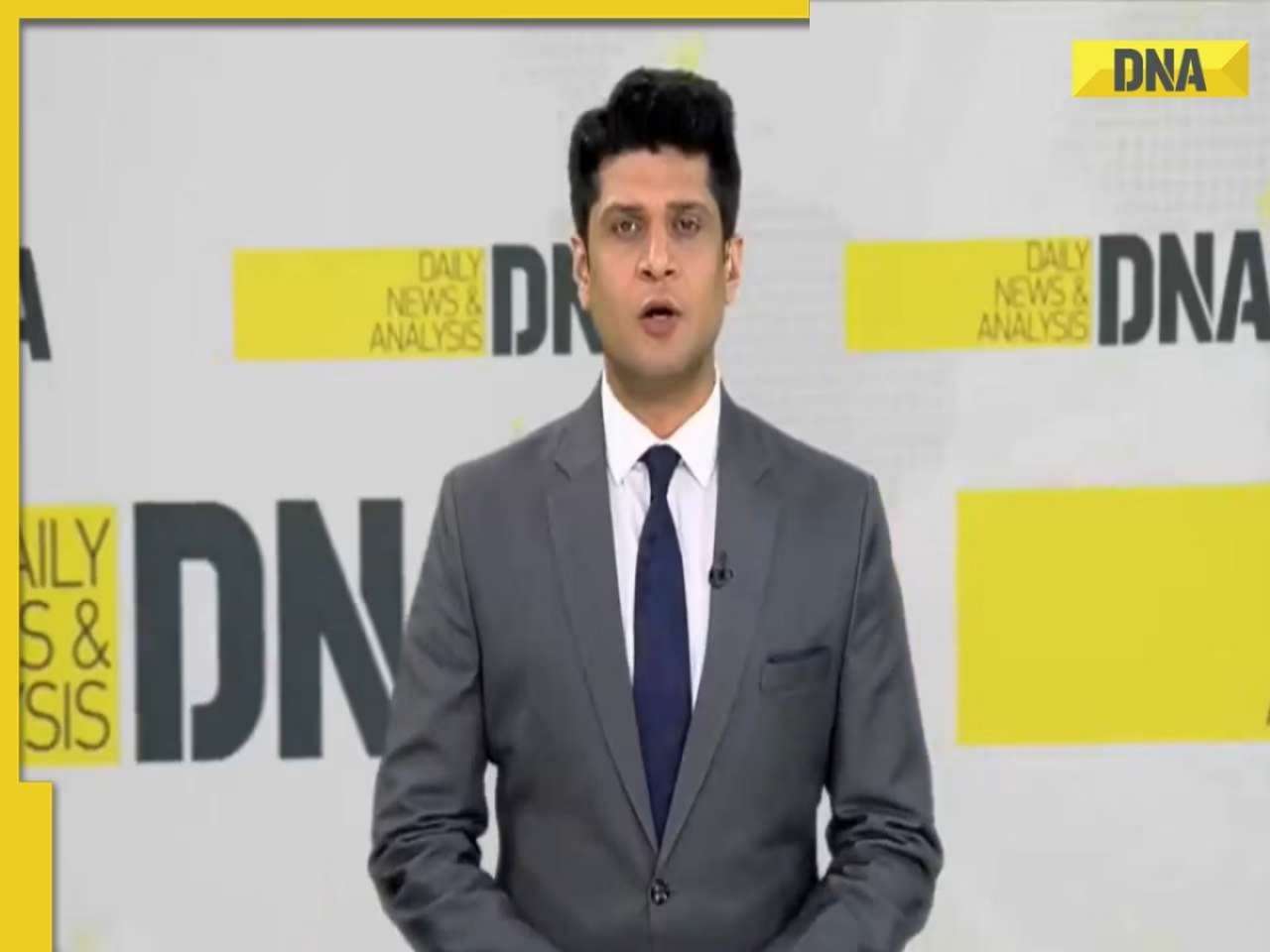
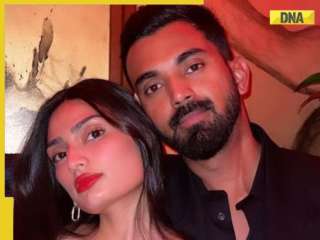
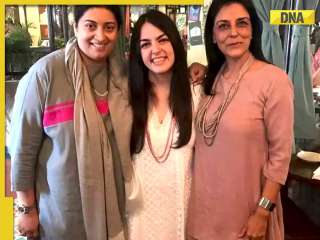


)
)
)
)
)
)
)
)
)
)
)
)
)
)
)
)





